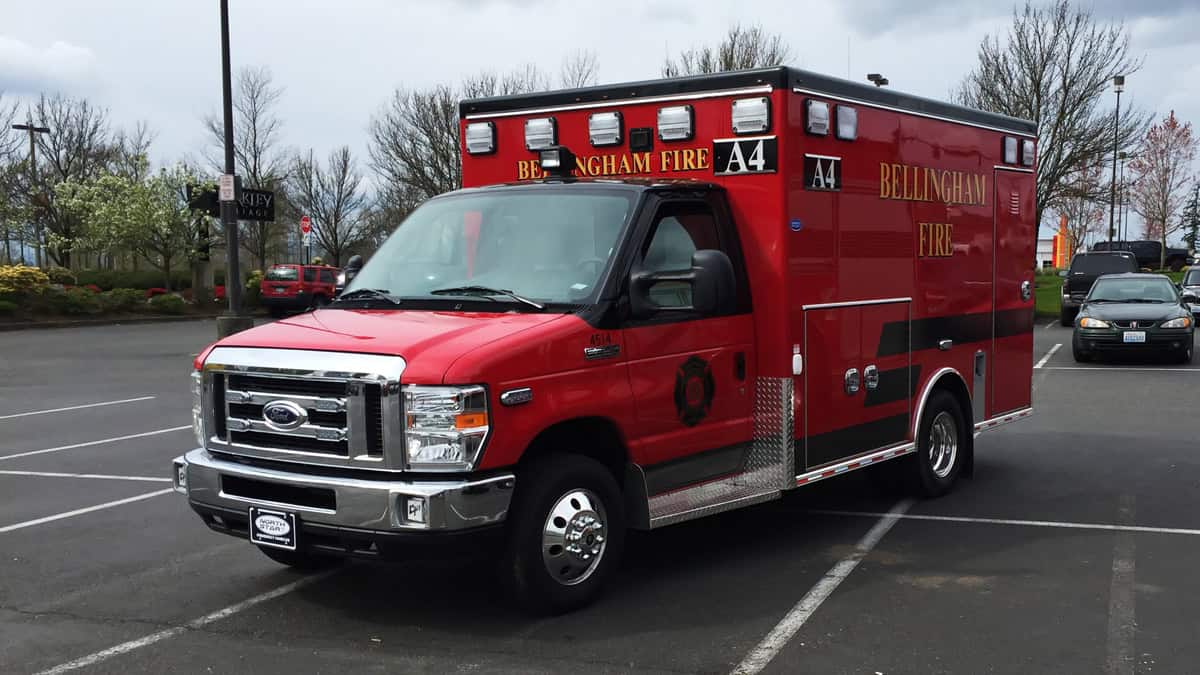It’s officially Quaker Boulevard, but anyone who has been around Plainfield long enough to have watched chilly youth soccer matches at Lovell Field still calls it New 267. There’s a nondescript building below the massive Plainfield water tower near the Boulevard’s north end. Its interior is divided into sections that look like no office you’ve ever seen.
Day and night, the phone rings. Literally. Last year, the phone rang over 149,000 times, with 98.5 percent of calls answered within 10 seconds with these words: “911. What’s your emergency?”
It might be someone angry about a neighbor’s barking dog. Maybe someone who spotted a brush fire that will turn out to be a controlled burn. Or it could be a five-year-old whose mother is on the floor, unresponsive. There’s always a next call. Will it leave them smiling, or will they hold someone’s life in their hands, mentally willing the paramedics to get there more quickly?
I’ve had reason to call 911 a number of times over the years for a variety of reasons and have always been astounded at the way my calls have been handled. The thing that strikes me most about the operators at the Hendricks County Communications Center is just how calm they are. Every day, they speak with people who are having one of the worst days of their lives … and they remain calm.
HCCC, located in that building by the water tower, handles all the calls (and texts) to 911 for Hendricks County. The agency also handles dispatching for law enforcement, fire departments, and ambulances – overseeing and coordinating 28 separate public safety agencies in all. You’d expect it to be a beehive of frenetic activity, but it’s actually eerily calm. As you watch the operators working at their stations, you see no evidence of anxiety.
When an emergency call comes in, their job is to get the information they need so they can dispatch the ideal response. Callers are often frantic, terrified, or angry, and the operators have the skills to keep them focused on the task. Their computers help them ask the right questions, because who can remember the right steps for every kind of emergency?
As they’re talking with a caller, they’re using their computers to dispatch the response. Chest pains? Ambulance and a fire engine. Fire alarm at a hotel or medical facility? Expect a couple of fire engines, two ladder trucks, multiple ambulances, and a battalion chief. A fight at a big-box store? Most likely, they’ll send three police cars. It’s not guesswork – it’s all prescribed. (And if it sometimes seems like they send a larger response than the situation calls for, that’s deliberate. If those extra fire trucks are needed on the scene, that gets them there several minutes earlier, and every minute counts. If they’re not needed, they quietly roll back to the station.)
The 911 operators regularly practice handling a variety of calls. When some kind of disaster happens elsewhere, HCCC’s leaders will talk the staff through it and discuss how they might handle a similar situation. It’s a lot of training, but it ensures that on a day you’ll remember as one of your worst, you can count on talking to someone who will get you whatever you need.
